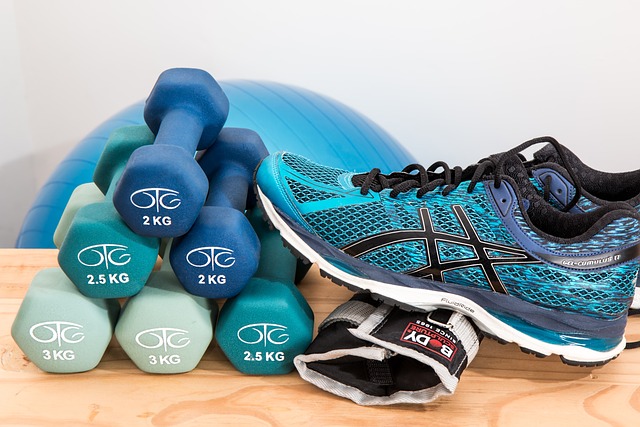Understanding the Impact of Food Additives on Exercise Performance
As fitness enthusiasts, we often find ourselves scrutinizing every morsel of food we consume, aiming to fuel our bodies with the best nutrients possible. But how many of us pause to consider food additives? These substances, commonly found in processed foods, can subtly creep into our diets and impact our exercise performance in ways we might not fully understand.
The Role of Food Additives
Food additives serve a variety of purposes, from enhancing flavor to improving texture and shelf life. While some are harmless, others can have unintended consequences on our health and athletic performance. As we strive for peak performance, it’s crucial to distinguish between the beneficial and the potentially harmful.
What Are Food Additives?
Food additives are substances added to food to preserve flavor or enhance its taste and appearance. They can be natural or synthetic, and their presence in our diets is widespread. Common categories include:
- Preservatives: Extend shelf life by preventing spoilage.
- Colorings: Enhance the visual appeal of food.
- Sweeteners: Provide sweetness without added calories.
- Thickeners: Improve texture and mouthfeel.
The Potential Effects on Performance
As athletes and fitness lovers, we rely on nutrition to enhance our workouts and recovery. However, the consumption of certain food additives can interfere with this process. Here’s how:
1. Digestive Discomfort
Many food additives can lead to gastrointestinal issues such as bloating and discomfort. Ingredients like artificial sweeteners or emulsifiers can disrupt gut health, which may negatively impact energy levels and endurance during training sessions.
2. Energy Levels
Some additives, particularly certain types of sugars and sweeteners, may provide a quick energy boost followed by a crash. This fluctuation can hinder your performance when consistency is key—especially during long workouts and competitions.
3. Inflammation and Recovery
Some preservatives and additives, such as sulfites and MSG, have been linked to increased inflammation in certain individuals. For athletes, managing inflammation is crucial for recovery; thus, consuming these products may adversely affect performance and the body’s ability to heal.
4. Mental Focus
As any fitness guru knows, mental clarity plays a significant role in overall performance. Certain additives can lead to mood swings or brain fog, detracting from motivation and focus during workouts. Maintaining awareness of what you consume can be a game-changer.
Making Informed Choices
Navigating the world of food additives isn’t always straightforward. However, being proactive can help you make informed choices that align with your fitness goals. Here are some strategies:
- Read Labels: Understanding ingredients is crucial. Avoid those that you cannot recognize.
- Opt for Whole Foods: Whole, unprocessed foods are less likely to contain harmful additives.
- Prioritize Clean Products: If consuming packaged foods, look for those that prioritize clean labels or organic ingredients.
Incorporating an awareness of food additives into your nutrition strategy can elevate not only your workouts but also your overall well-being. As we continue to pursue excellence in exercise, let’s not overlook the subtle yet impactful role that what we eat plays in our performance.




